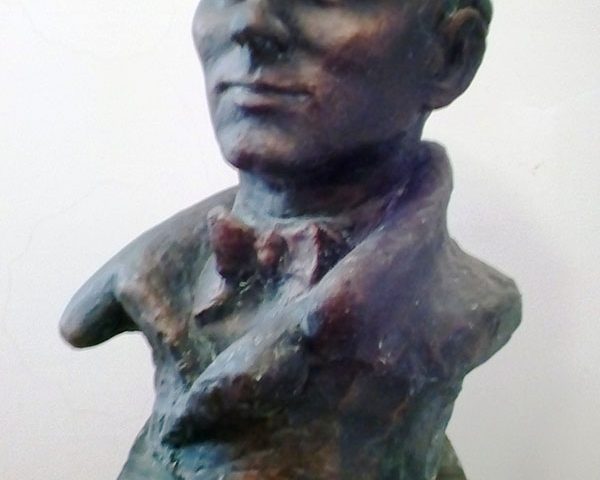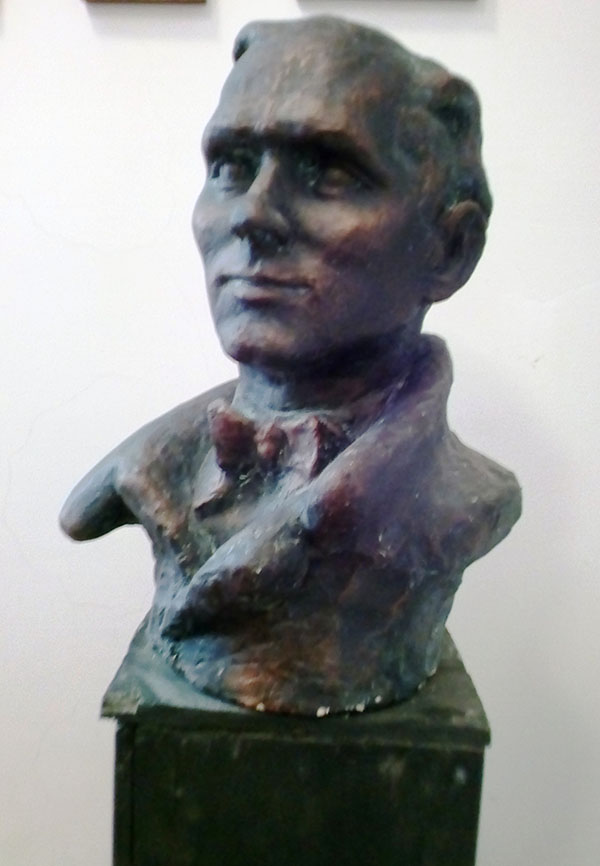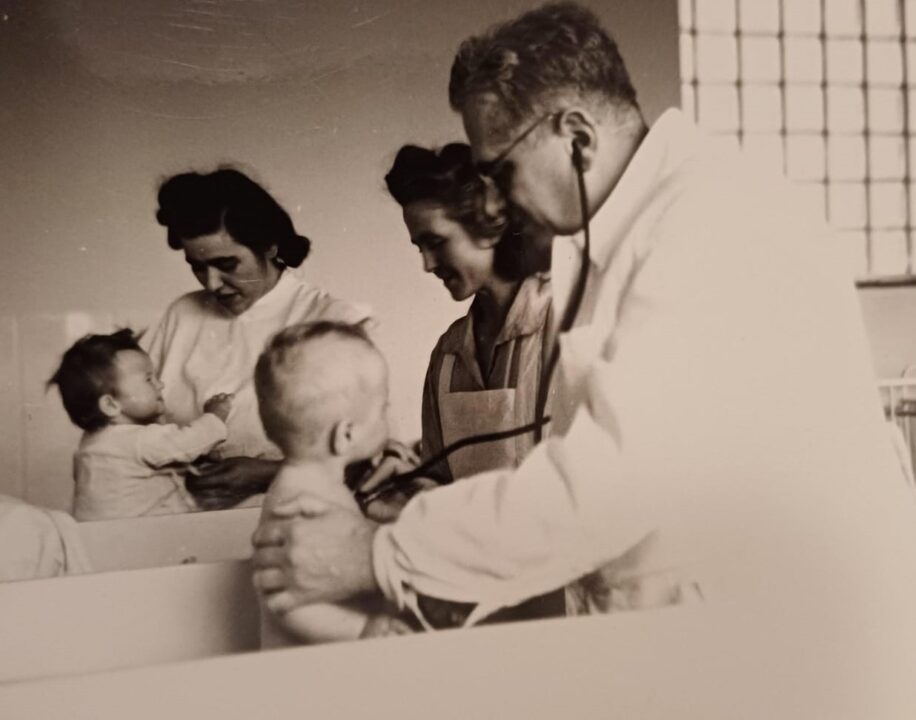Mirko Dražen Grmek
Mirko Dražen Grmek (9 January 1924 – 6 March 2000) was a Croatian and French historian of medicine, writer and scientist. He was one of the pioneers and founders of the history of medicine. His entire opus promotes the historical research of medical knowledge and practices by means of contemporary scientific methods, especially the study of the formation of ideas in specific societies and periods. He put forward the theory of pathocenosis, the coexistence of all diseases in a specific time, place and society.
PGrmek was born in Krapina, Zagorje, near Zagreb (then in the Kingdom of Serbs, Croats and Slovenes). He went to France and joined the French Resistance in 1942. His underground activities took him to Italy, Switzerland and then back to France. When the war ended, he returned to Zagreb to study medicine. After his studies, Grmek worked as a general practitioner at first. Then he became a university professor and finally dedicated all his time to scientific work. He got his Ph.D. from the University of Zagreb 1958, with the thesis “Medical schools in Dalmatia during the French rule”. There he founded the Institute for the History of Science and edited the first local Encyclopedia of Medicine.
Graduating from the Italian Politecnico, Grmek settled in Paris in 1963. The Collège de France gave him the task of editing the notes of Claude Bernard, which was a turning point of his career, since he later become an international expert in Bernard’s area of research. In 1967, Grmek became a French citizen. After graduating literature in Paris, he did research in CNRS. In 1973, Grmek became the director of the research of the history of biological and medical sciences at the École pratique des hautes études. As a doctor of science and literature, he lectured at the universities of Berkeley, Los Angeles, Geneva, Bologna and Lausanne. The University of Zagreb gave him the title of emeritus.
His editorial work included the positions of the scientific director of the International Encyclopedia of Science and Technology, as well as the editor-in-chief of the International Archive of the History of Science.
Grmek was a member of HAZU and its American counterpart. He was the president of the International Academy for the History of Science from 1981 to 1986 and the vice president of the International Union of the History of Science in 1997. He was awarded the order of Légion d’honneur and the Sarton Medal. Grmek was also a laureate of the French Academy, the Academy of Science, the Academy of Medicine.
In the nineties, Croatia became an independent country. Grmek spent the last years of his life building bridges between his two homelands, such as his book The Villefranche-de-Rouergue uprising, about the uprising of Croatian soldiers in the German army occupying France. During the Siege of Sarajevo he forged the word Memoricide. Before he died, he left a large part of his library to HAZU and set up the foundations for the Croatian Cultural Center in Paris. He was buried in the Montparnasse Cemetery.
The scientific magazine Eurêka published a large interview with Grmek in 1996. It was titled Mirko Grmek, the Physician of the Century It said: “Recognized among the scientists from all over the world, but unknown to the general public, this Croat spent his entire life vigorously defending one idea: that medicine must have a conscience and that science is nothing without humanism.”



